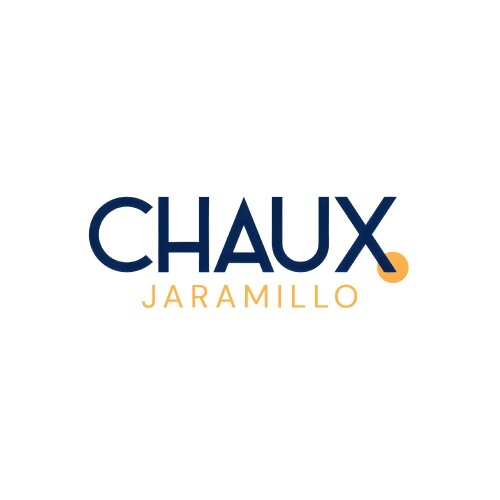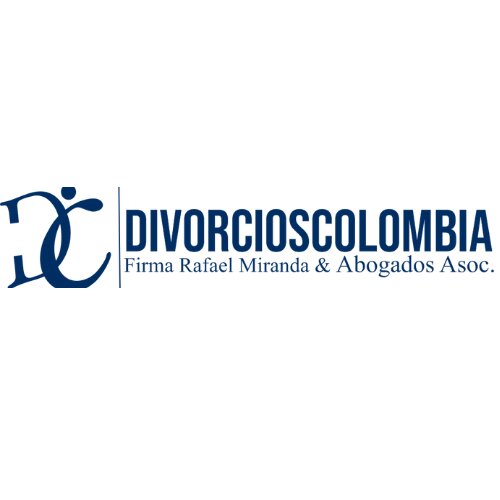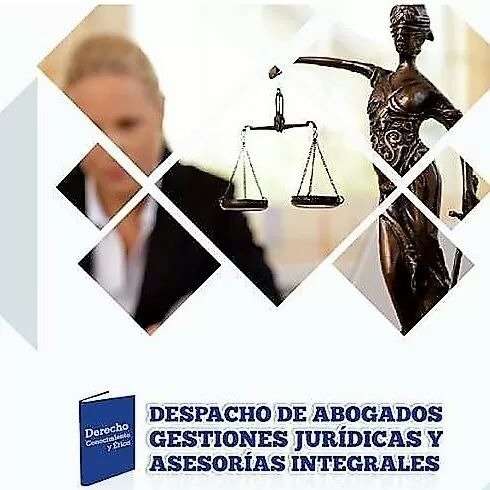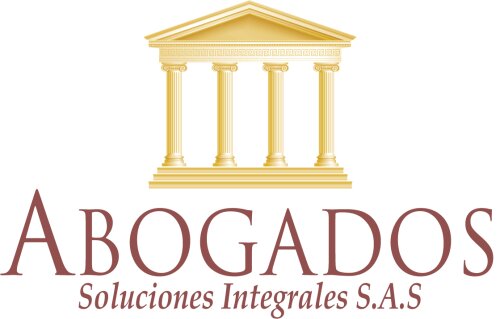Best Bankruptcy & Debt Lawyers in Colombia
Share your needs with us, get contacted by law firms.
Free. Takes 2 min.
Or refine your search by selecting a city:
List of the best lawyers in Colombia
About Bankruptcy & Debt Law in Colombia
Bankruptcy and debt laws in Colombia are designed to provide a legal framework for individuals and companies facing financial difficulties. The main goal of the law is to ensure fair treatment to creditors while offering a second chance to debtors to reorganize or liquidate their assets in an orderly manner. The legal process, known as "insolvency proceedings," is overseen by the Superintendent of Companies. Colombia offers different paths such as reorganization and judicial liquidation, tailored to the specific situation of the debtor.
Why You May Need a Lawyer
Engaging a lawyer in bankruptcy and debt matters is often crucial due to the complexity and legal implications involved. Some common situations where legal assistance may be required include assessing debt restructuring options, navigating the insolvency proceedings, dealing with creditors and ensuring rights are protected. A lawyer can provide clarity on legal obligations, potential outcomes, and strategies to manage or discharge debts effectively.
Local Laws Overview
Key aspects of Colombian bankruptcy and debt laws include the Insolvency Regime as described under Law 1116 of 2006. This law outlines the processes for reorganization and liquidation, emphasizing the preservation and recovery of viable businesses. The process involves submission of financial records, negotiation plans with creditors, and court oversight. Creditors are classified by priority to ensure an equitable approach to debt satisfaction. Additionally, Law 1564 of 2012 introduced changes to streamline procedures and extend bankruptcy protections to individuals.
Frequently Asked Questions
What is the first step if I am unable to pay my debts?
The first step is to assess your financial situation thoroughly. It is advisable to consult with a bankruptcy attorney who can guide you on possible debt restructuring or insolvency proceedings suitable for your case.
What does the reorganization process entail?
The reorganization process involves creating a plan to restructure the debtor's obligations, allowing them to continue operations. This plan is negotiated with creditors and requires approval by the court.
How does liquidation differ from reorganization?
Liquidation involves the winding down of a company’s operations and the sale of its assets to repay creditors, whereas reorganization aims to rehabilitate the debtor by restructuring their obligations.
Can individuals file for bankruptcy in Colombia?
Yes, individuals can file for personal bankruptcy under the provisions set out by Law 1564 of 2012, which establishes simplified procedures similar to corporate insolvency processes.
What happens to my debts after filing for bankruptcy?
The outcome depends on the proceeding. In reorganization, debts are often restructured. In liquidation, assets are sold to repay debts, and any remaining obligations may be discharged by the court.
How are creditors categorized?
Creditors are categorized by priority as follows: secured creditors, priority creditors (like taxes and employee wages), and unsecured creditors. This categorization determines the order of payment.
Is it possible to negotiate directly with my creditors without going through formal proceedings?
Yes, direct negotiations with creditors can be an effective strategy to settle debts without entering formal insolvency proceedings, often leading to mutually agreeable terms.
Are there any government protections for debtors?
The Colombian government offers legal protections through the insolvency regime, which helps debtors reorganize or liquidate in an orderly manner, while protecting their fundamental rights.
Can bankruptcy affect my employment?
Filing for bankruptcy should not directly affect your employment. However, some positions may have financial integrity or creditworthiness requirements that could be impacted.
How long does the entire bankruptcy process take?
The duration varies on a case-by-case basis. Reorganization can take several months to a few years, while liquidation tends to be quicker, depending on the complexity and scale of the entity.
Additional Resources
For more information, individuals can contact the Superintendent of Companies, which is the regulatory body overseeing insolvency proceedings. Additionally, the Ministry of Finance and Public Credit can provide insights into financial legislation. Legal aid societies and pro bono programs in Colombia may also offer assistance for those unable to afford legal representation.
Next Steps
If you need legal assistance in bankruptcy and debt matters, begin by consulting with a knowledgeable attorney experienced in Colombian insolvency law. Prepare a detailed account of your financial situation, including debts and assets. Seek recommendations for reputable law firms or use local bar association directories to find specialized legal counsel. An attorney will help you understand your options and guide you through the legal proceedings to ensure the best possible outcome for your situation.
Lawzana helps you find the best lawyers and law firms in Colombia through a curated and pre-screened list of qualified legal professionals. Our platform offers rankings and detailed profiles of attorneys and law firms, allowing you to compare based on practice areas, including Bankruptcy & Debt, experience, and client feedback.
Each profile includes a description of the firm's areas of practice, client reviews, team members and partners, year of establishment, spoken languages, office locations, contact information, social media presence, and any published articles or resources. Most firms on our platform speak English and are experienced in both local and international legal matters.
Get a quote from top-rated law firms in Colombia — quickly, securely, and without unnecessary hassle.
Disclaimer:
The information provided on this page is for general informational purposes only and does not constitute legal advice. While we strive to ensure the accuracy and relevance of the content, legal information may change over time, and interpretations of the law can vary. You should always consult with a qualified legal professional for advice specific to your situation.
We disclaim all liability for actions taken or not taken based on the content of this page. If you believe any information is incorrect or outdated, please contact us, and we will review and update it where appropriate.
Browse bankruptcy & debt law firms by service in Colombia
Colombia Attorneys in related practice areas.
Browse bankruptcy & debt law firms by city in Colombia
Refine your search by selecting a city.















